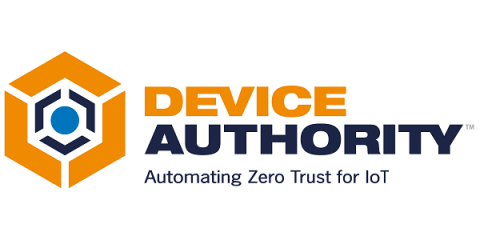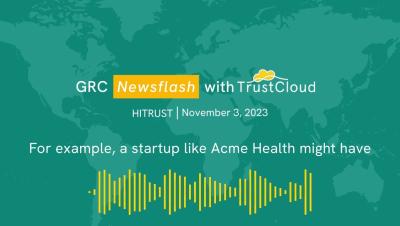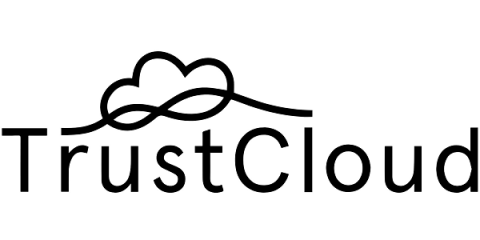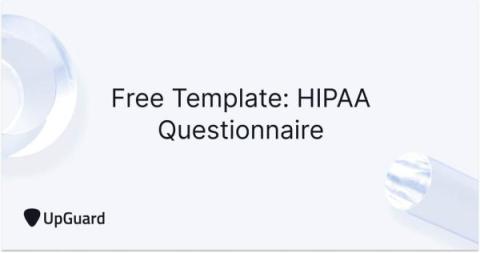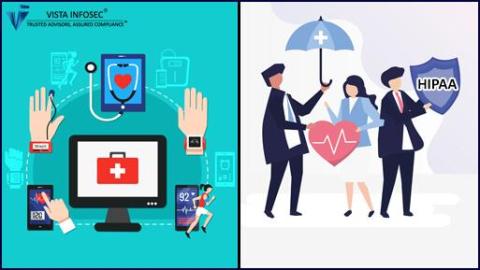Healthcare Sector Experiencing Increases in Ransomware, Ransoms and Downtime
An analysis of ransomware attacks on healthcare organizations from 2016 through October of 2023 shows the healthcare sector is likely to continue to suffer as a viable ransomware target. In the last seven years, there have been 539 confirmed ransomware attacks on U.S. hospitals, costing a total of around $77 billion. Consumer tech comparison website Comparitech performed an analysis of these attacks to show the trends – with both positive and negative results.



